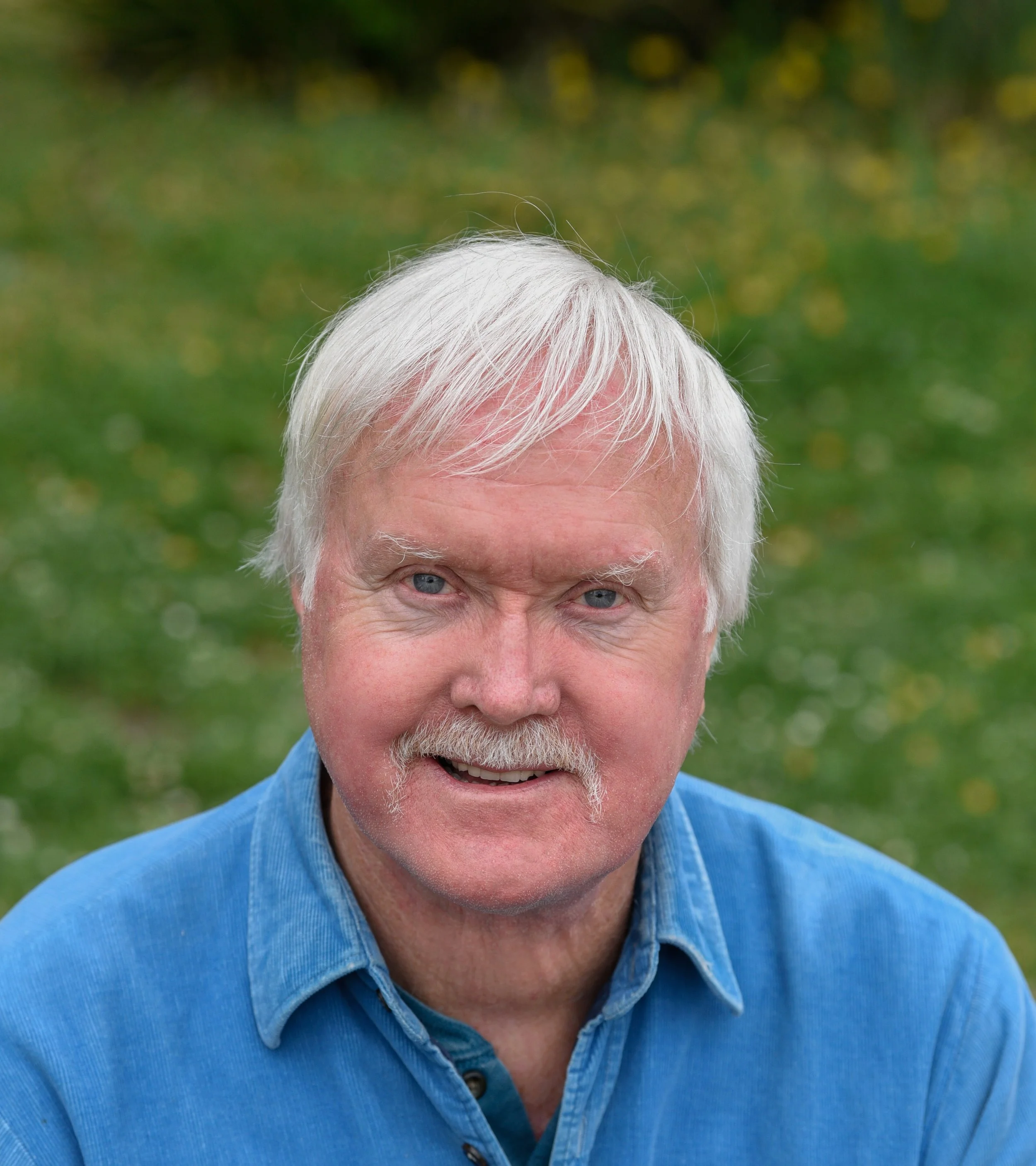 Image 1 of 1
Image 1 of 1


POSTPONED! The Four Elements ~ Armand Ruby ~ Experience Earth, Water, Air and Fire from a scientific/spiritual view
When: TBD
Where: Blossom’s Farm, 2033 San Juan Road, Aromas CA 95004
Experience Earth, Water, Air and Fire from a scientific/spiritual view
A workshop led by Armand Ruby, MS
The four classical elements – Earth, Water, Air, Fire – represent a set of principles that apply widely throughout Earth’s planetary system, AKA Gaia: the Earth as a living organism.
These principles are living at the macrocosmic level: in Earth’s geology, oceans, atmosphere and energy sources; and at the microcosmic level: in the atoms that are fundamental to the composition of all biological life and in the substances needed to sustain life. At both scales, macro and micro, the four elements intermingle in interesting ways that we will touch on.
The “four elements” are commonly understood to represent aspects of – and be integral to – life on Earth: they’re present throughout the natural world, and they can be seen as having a correspondence to the kingdoms of Nature.
From an anthroposophical viewpoint, these four principles also are exemplified in the human being as a spiritual/physical organism; this more comprehensive, spiritually-oriented fourfold composition can then also be related back to life on Earth more broadly.
Plant life readily illustrates these four principles, and in the broader cosmic context this has practical application to Biodynamic farming and gardening. Drawing upon living examples from Blossoms Farm, we will observe and discuss the relationships of the parts of the plants and their biological signatures in relation to the four elements and the cosmos.
Water (the physical/chemical substance) is essential to life on earth and plays a fundamental role in the circulatory system of Earth/Gaia, and has interesting characteristics that we will have fun exploring.
This lecture draws upon modern scientific understanding, as well as the anthroposophical (spiritual scientific) teachings of Rudolf Steiner, the founder of biodynamic agriculture. Steiner gives us insights into the nature of the four classic elements that dovetail with and complement our scientific understanding of the nature of earthly substance. Similar to the way a prism separates white light into its constituent colors, we will use a scientific/spiritual lens to discern the four elements as aspects of an interrelated whole.
Armand Ruby, M.S.
Armand Ruby was educated at Cornell University (B.A., Biology; Ecology Concentration) and University of CT (M.S., Ecology), as well as informally in anthroposophical and biodynamic study groups and lectures at Rudolf Steiner College and elsewhere.
He has had a long (>40 year) career as an environmental scientist, specializing in freshwater surface water quality. He has for decades also been a supporter of biodynamic agriculture and practitioner of biodynamic gardening, and is an anthroposophist of long standing.
He is also a musician, composer, playwright and aspiring maker of musical films focused on topics of social and cultural relevance.
When: TBD
Where: Blossom’s Farm, 2033 San Juan Road, Aromas CA 95004
Experience Earth, Water, Air and Fire from a scientific/spiritual view
A workshop led by Armand Ruby, MS
The four classical elements – Earth, Water, Air, Fire – represent a set of principles that apply widely throughout Earth’s planetary system, AKA Gaia: the Earth as a living organism.
These principles are living at the macrocosmic level: in Earth’s geology, oceans, atmosphere and energy sources; and at the microcosmic level: in the atoms that are fundamental to the composition of all biological life and in the substances needed to sustain life. At both scales, macro and micro, the four elements intermingle in interesting ways that we will touch on.
The “four elements” are commonly understood to represent aspects of – and be integral to – life on Earth: they’re present throughout the natural world, and they can be seen as having a correspondence to the kingdoms of Nature.
From an anthroposophical viewpoint, these four principles also are exemplified in the human being as a spiritual/physical organism; this more comprehensive, spiritually-oriented fourfold composition can then also be related back to life on Earth more broadly.
Plant life readily illustrates these four principles, and in the broader cosmic context this has practical application to Biodynamic farming and gardening. Drawing upon living examples from Blossoms Farm, we will observe and discuss the relationships of the parts of the plants and their biological signatures in relation to the four elements and the cosmos.
Water (the physical/chemical substance) is essential to life on earth and plays a fundamental role in the circulatory system of Earth/Gaia, and has interesting characteristics that we will have fun exploring.
This lecture draws upon modern scientific understanding, as well as the anthroposophical (spiritual scientific) teachings of Rudolf Steiner, the founder of biodynamic agriculture. Steiner gives us insights into the nature of the four classic elements that dovetail with and complement our scientific understanding of the nature of earthly substance. Similar to the way a prism separates white light into its constituent colors, we will use a scientific/spiritual lens to discern the four elements as aspects of an interrelated whole.
Armand Ruby, M.S.
Armand Ruby was educated at Cornell University (B.A., Biology; Ecology Concentration) and University of CT (M.S., Ecology), as well as informally in anthroposophical and biodynamic study groups and lectures at Rudolf Steiner College and elsewhere.
He has had a long (>40 year) career as an environmental scientist, specializing in freshwater surface water quality. He has for decades also been a supporter of biodynamic agriculture and practitioner of biodynamic gardening, and is an anthroposophist of long standing.
He is also a musician, composer, playwright and aspiring maker of musical films focused on topics of social and cultural relevance.
